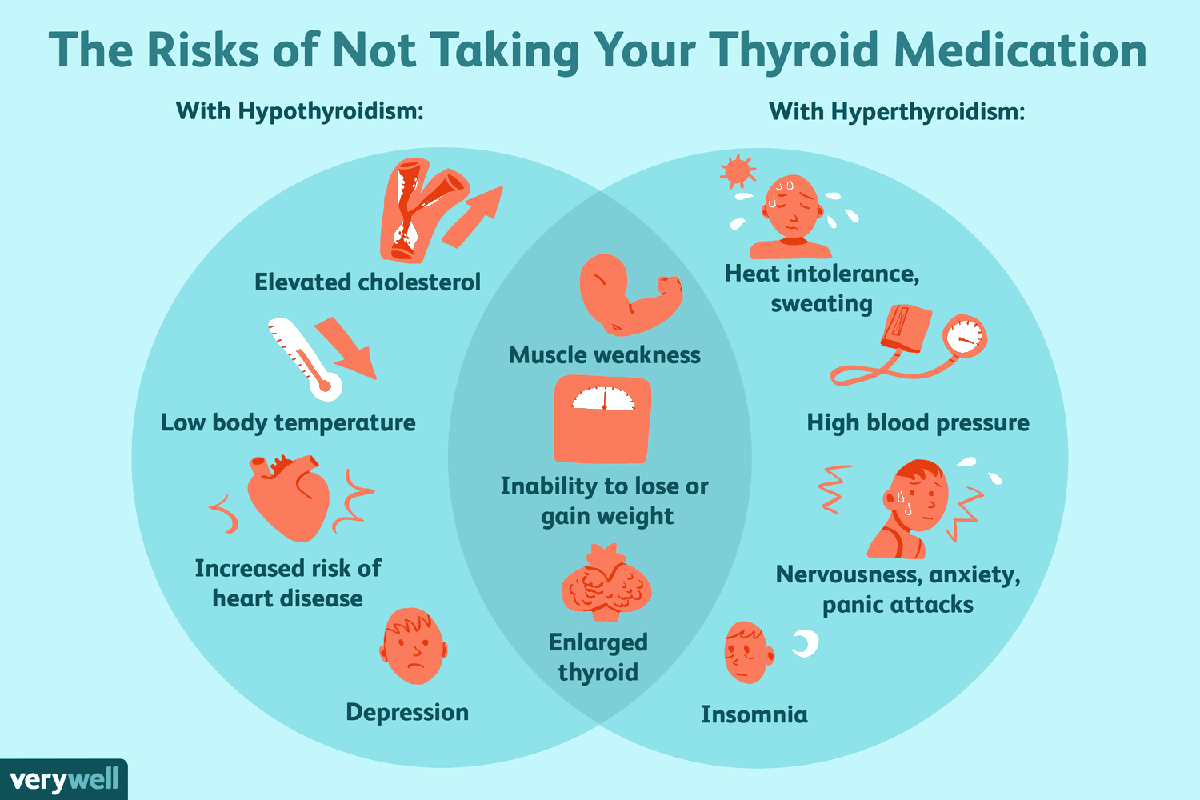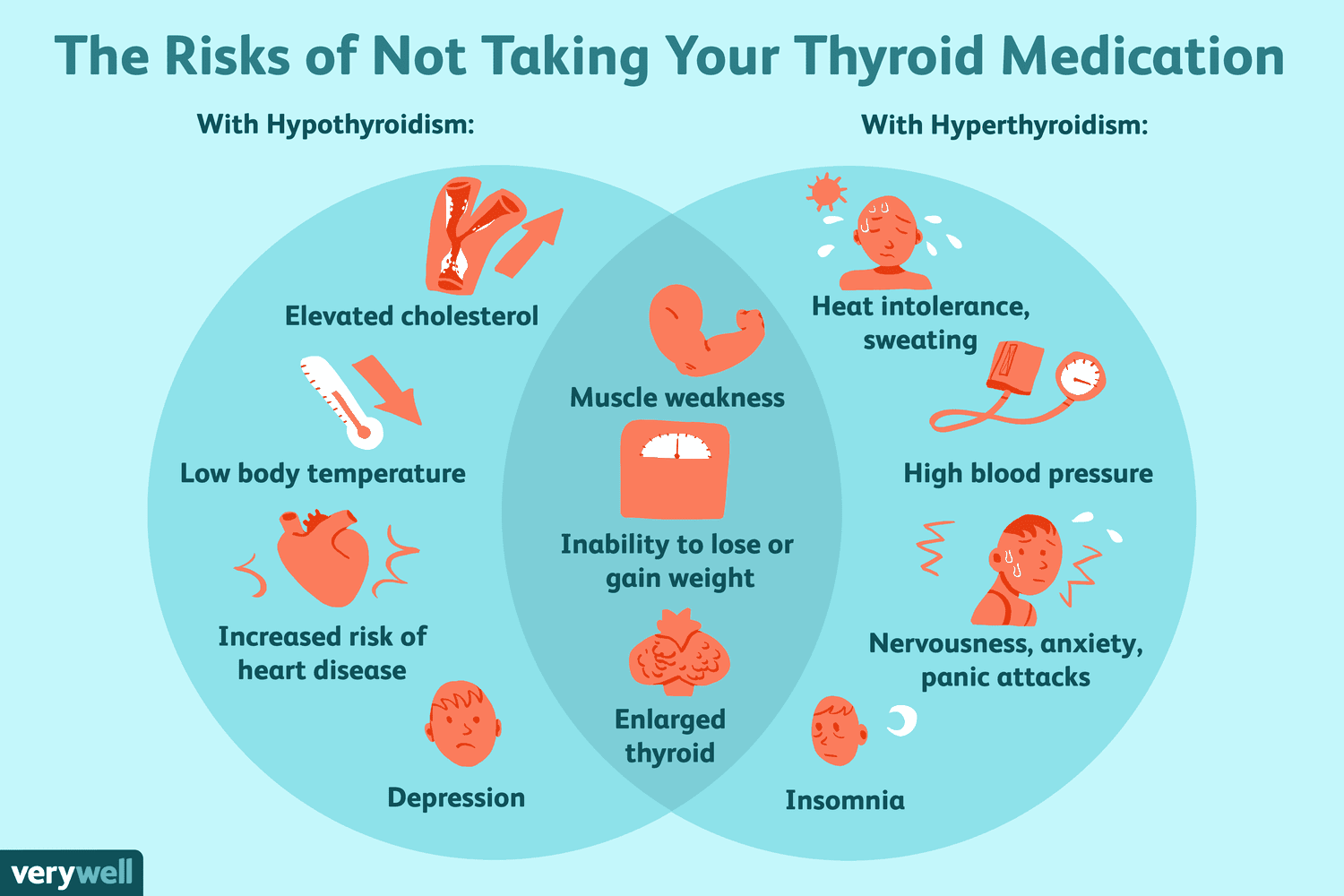When it comes to managing our overall health, we often focus on the most obvious signs of illness – a pounding headache, fatigue, or unexplained weight gain. But what if we told you that there’s a silent contributor to your wellbeing that’s hiding in plain sight? Meet hypothyroidism, a condition where the thyroid gland doesn’t produce enough thyroid hormones. And did you know that it can have a sneaky side effect on your blood pressure?
Can Low Thyroid Cause High Blood Pressure?
The short answer is yes, but let’s dive deeper to understand the connection between these two seemingly unrelated health issues.
A Brief Primer on Hypothyroidism
Hypothyroidism occurs when the thyroid gland doesn’t produce enough thyroid hormones. These hormones play a crucial role in regulating metabolism, energy levels, and even heart rate. In fact, an underactive thyroid can lead to symptoms like fatigue, weight gain, dry skin, and hair loss.
But what’s the connection between hypothyroidism and high blood pressure? Let’s explore further…

When it comes to managing our overall health, we often focus on the most obvious signs of illness – a pounding headache, fatigue, or unexplained weight gain. But what if we told you that there’s a silent contributor to your wellbeing that’s hiding in plain sight? Meet hypothyroidism, a condition where the thyroid gland doesn’t produce enough thyroid hormones. And did you know that it can have a sneaky side effect on your blood pressure?
Can Low Thyroid Cause High Blood Pressure?
The short answer is yes, but let’s dive deeper to understand the connection between these two seemingly unrelated health issues.
A Brief Primer on Hypothyroidism
Hypothyroidism occurs when the thyroid gland doesn’t produce enough thyroid hormones. These hormones play a crucial role in regulating metabolism, energy levels, and even heart rate. In fact, an underactive thyroid can lead to symptoms like fatigue, weight gain, dry skin, and hair loss.
But what’s the connection between hypothyroidism and high blood pressure? Let’s explore further…
The Link Between Hypothyroidism and High Blood Pressure
Research suggests that people with untreated hypothyroidism are more likely to develop high blood pressure than those without the condition. This is because thyroid hormones play a role in regulating blood vessel constriction and dilation, which can affect blood pressure levels.
A study published in the Journal of Clinical Endocrinology and Metabolism found that patients with hypothyroidism were more likely to experience hypertension compared to those without the condition.
But why does this matter? High blood pressure is a significant risk factor for heart disease, stroke, and kidney disease. So, if you have hypothyroidism and high blood pressure, it’s essential to address both conditions simultaneously to reduce your risk of developing these serious health problems.
Other Factors at Play
It’s not just hypothyroidism that can contribute to high blood pressure. Other factors like age, genetics, diet, and lifestyle also play a role. For example, as we age, our blood vessels naturally lose elasticity, which can increase blood pressure. A family history of hypertension or other cardiovascular conditions can also increase your risk.
So, what can you do to manage both hypothyroidism and high blood pressure? Stay tuned for our next post, where we’ll explore practical tips and strategies for addressing these interconnected health issues.
Get Expert Advice on Thyroid and High Blood Pressure
Consult with our medical experts to understand how low thyroid can impact your blood pressure.
Consult with an expertWhen it comes to managing our overall health, we often focus on the most obvious signs of illness – a pounding headache, fatigue, or unexplained weight gain. But what if we told you that there’s a silent contributor to your wellbeing that’s hiding in plain sight? Meet hypothyroidism, a condition where the thyroid gland doesn’t produce enough thyroid hormones. And did you know that it can have a sneaky side effect on your blood pressure?
Can Low Thyroid Cause High Blood Pressure?
The short answer is yes, but let’s dive deeper to understand the connection between these two seemingly unrelated health issues.
A Brief Primer on Hypothyroidism
Hypothyroidism occurs when the thyroid gland doesn’t produce enough thyroid hormones. These hormones play a crucial role in regulating metabolism, energy levels, and even heart rate. In fact, an underactive thyroid can lead to symptoms like fatigue, weight gain, dry skin, and hair loss.
But what’s the connection between hypothyroidism and high blood pressure? Let’s explore further…
The Link Between Hypothyroidism and High Blood Pressure
Research suggests that people with untreated hypothyroidism are more likely to develop high blood pressure. This is because an underactive thyroid can cause changes in blood vessels, leading to increased blood pressure. Additionally, hypothyroidism can also increase the risk of cardiovascular disease, which is a major contributor to high blood pressure.
So, what does this mean for you? If you’re experiencing symptoms of hypothyroidism, it’s essential to get tested and treated by a healthcare professional. And if you already have high blood pressure, managing your thyroid levels can be a crucial part of your overall treatment plan.
Key Takeaways
We’ve learned that:
- Hypothyroidism is a condition where the thyroid gland doesn’t produce enough thyroid hormones.
- An underactive thyroid can lead to symptoms like fatigue, weight gain, dry skin, and hair loss.
- Untreated hypothyroidism increases the risk of developing high blood pressure.
- Managing your thyroid levels is crucial for overall health and wellbeing.
Final Insights
The connection between low thyroid and high blood pressure may not be immediately obvious, but it’s a vital one. By recognizing these links and taking proactive steps to manage our health, we can reduce the risk of developing related conditions and live healthier, happier lives.
A Strong Conclusion
So, what’s the takeaway from this blog post? Simply put, managing your thyroid levels is crucial for overall wellbeing. By understanding the connection between hypothyroidism and high blood pressure, you can take control of your health and reduce the risk of developing related conditions. Remember, it’s always better to be proactive than reactive – so don’t wait until symptoms arise, take charge of your health today!


